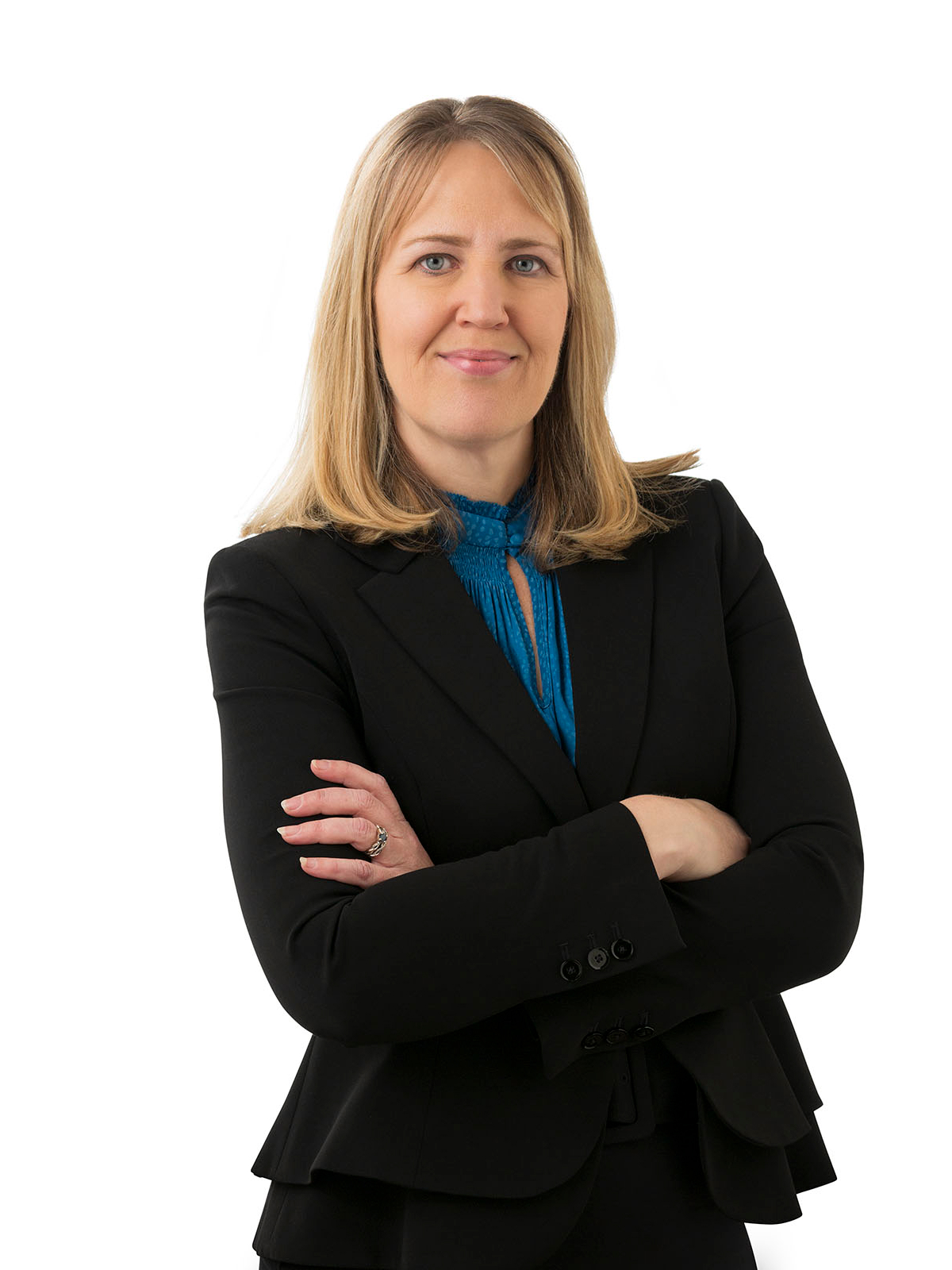The Wisconsin Fair Dealership Law (“WFDL”) governs the relationship between manufacturers and suppliers (“Grantors”) and their distributors, independent sales representatives, and dealers (“Dealers”). The WFDL creates legal standards and procedures that must be followed by Grantors prior to terminating a protected Dealer or changing the competitive circumstances of dealership agreements. Failure to comply with WFDL carries significant consequences.
The threshold issue under the WFDL is whether the distributor, supplier, or independent manufacturer’s representative can establish that it is a protected Dealer under the law. This threshold issue brings us to the recently decided case Winebow, Inc. v. Capitol-Husting Co., Inc., 2018 WI 60.
The question of whether wine distributors were protected under WFDL was posed to the Wisconsin Supreme Court by the 7th Circuit U.S. Court of Appeals. The U.S. appeals court was considering a case involving a wine importing company and a Wisconsin wine distributor. The U.S. appeals court determined that it was necessary to determine whether a “dealership” under WFDL includes wine Grantor-Dealer relationships.
On June 5, 2018, a divided Wisconsin Supreme Court ruled that “dealerships” with wine distributors are not protected by the WFDL.
Although the WFDL covers “intoxicating liquor,” the Wisconsin Supreme Court majority agreed that the definition explicitly excludes wine. The Supreme Court noted that the state legislature, in 1999, broadened the WFDL’s protection to include distributors of intoxicating liquors, but then Governor Tommy Thompson used his veto pen to expressly exclude wine from the definition. So by stroke of the pen, wine distributors are not protected by WFDL. Other industries exempt from WFDL include automobile dealerships, the insurance industry and door-to-door sales.
A business relationship is a dealership under the WFDL if there is (1) a contract or agreement; (2) which grants the right to sell or distribute goods or services, or which grants the right to use a trade name, logo, advertising or other symbol; and (3) a community of interest in the business of offering, selling or distributing goods or services. The Law Firm of Conway, Olejniczak & Jerry offers a variety of services to our business clients, including determining whether your business relationships are governed by WFDL, the drafting of favorable distribution contracts, providing guidance through the dictates of the Wisconsin Fair Dealership Law and, if necessary, litigating or negotiating settlements in WFDL disputes.
![Photo of map[image:/uploads/frederick-l-schmidt-new.jpg name:Attorney Frederick L. Schmidt title:Frederick L. Schmidt]](https://lcojlaw-2022.imgix.net/uploads/frederick-l-schmidt-new.jpg)


![Photo of map[image:/uploads/conway-olejniczak-jerry-logo-with-padding.jpg name:Law Firm of Conway, Olejniczak & Jerry, S.C. title:Law Firm of Conway, Olejniczak & Jerry, S.C.]](/uploads/conway-olejniczak-jerry-logo-with-padding.jpg)
